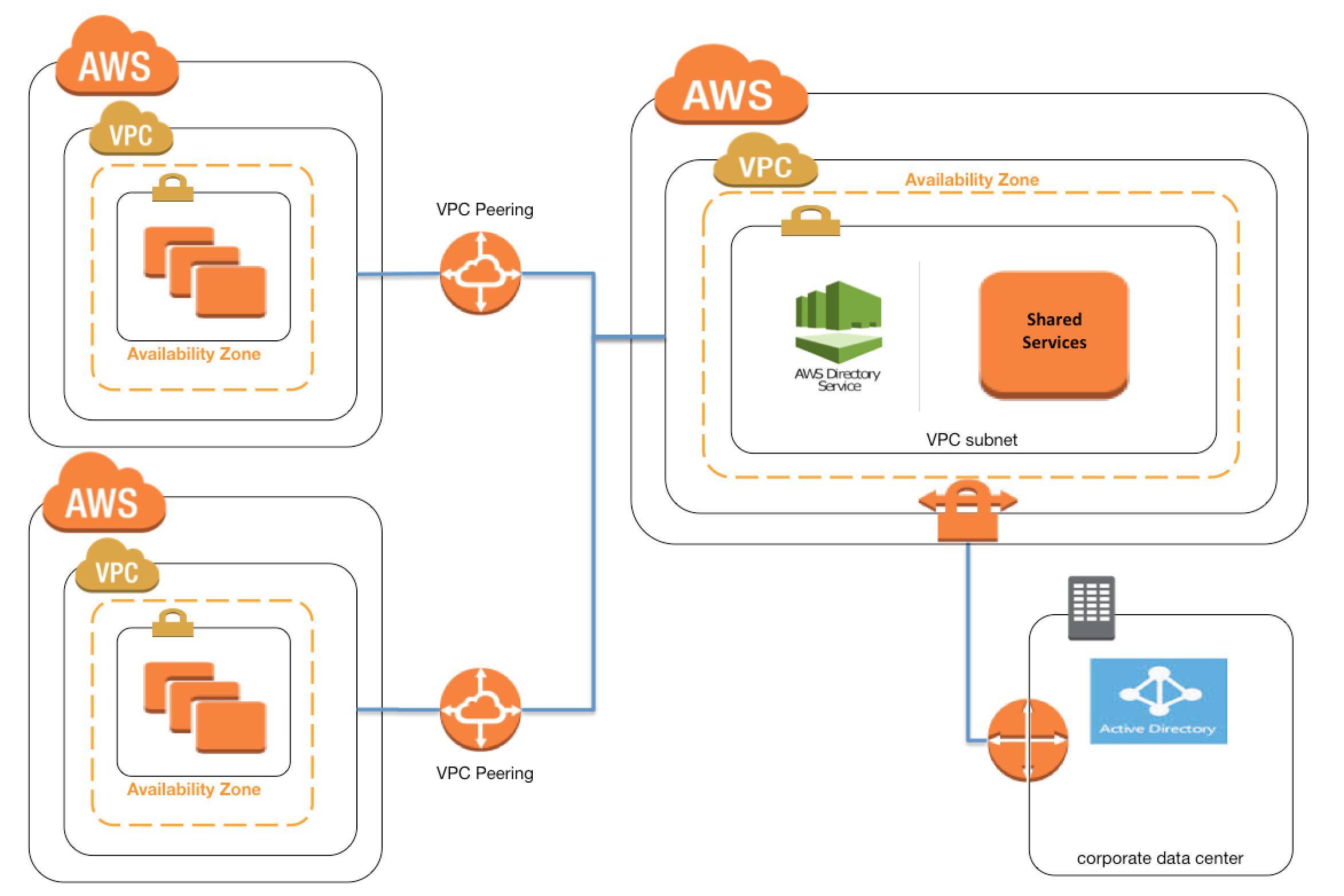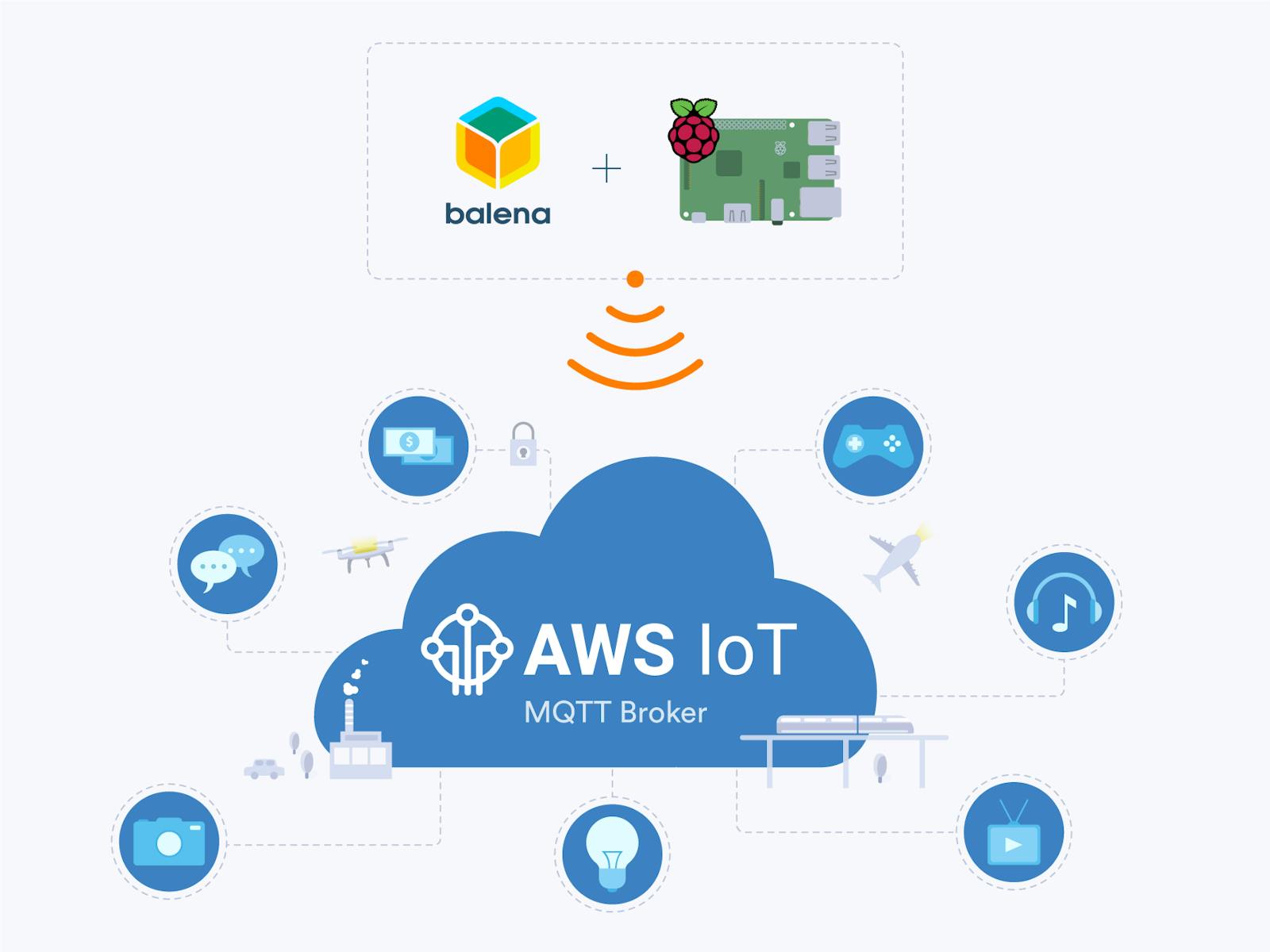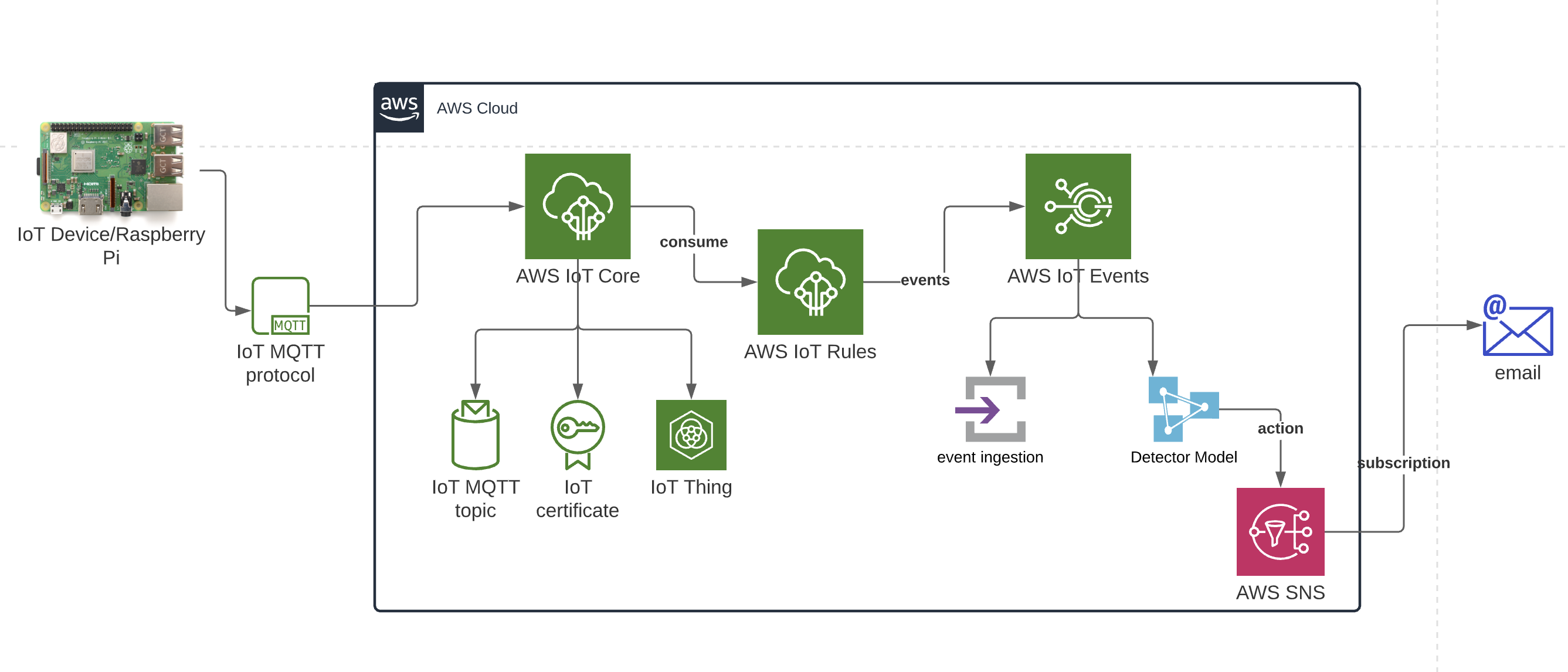Revolutionizing IoT: Building A Secure RemoteIoT VPC With Raspberry Pi And AWS
The Internet of Things (IoT) is transforming industries worldwide, and the integration of Raspberry Pi with Amazon Web Services (AWS) to create a secure RemoteIoT VPC network represents a pivotal advancement. This combination empowers businesses and innovators to develop scalable and secure IoT infrastructures that cater to the demands of modern applications. As industries increasingly rely on interconnected devices, the ability to manage these systems effectively becomes paramount. By leveraging the robust capabilities of AWS alongside the versatility of Raspberry Pi, organizations can build networks capable of handling sensitive data while ensuring high levels of security and efficiency.
The significance of this integration cannot be overstated. The IoT landscape continues to expand, presenting opportunities for innovation in sectors ranging from healthcare to manufacturing. However, with this expansion comes the challenge of securing vast amounts of data transmitted between devices. A RemoteIoT VPC network addresses this issue by providing a secure and isolated environment for IoT devices. It allows for seamless integration of local networks with cloud services, enabling remote management and efficient data processing. This setup is particularly beneficial for applications that require stringent security measures or handle confidential information.
| Name | John Doe |
| Occupation | IoT Solutions Architect |
| Location | Silicon Valley, California |
| Years of Experience | 12 Years |
| Education | Bachelor's in Computer Science, Stanford University |
| Notable Projects | Smart City IoT Infrastructure, Industrial IoT Automation |
| Professional Achievements | Recipient of the IEEE IoT Innovation Award |
| Link to Profile | LinkedIn Profile |
To implement a RemoteIoT VPC network, one must first understand the key components involved. The Raspberry Pi serves as a gateway, facilitating communication between devices and the cloud. Meanwhile, AWS provides the infrastructure necessary to host and manage the network securely. Together, they enable the creation of a virtual private cloud (VPC) that extends the local network into the cloud, ensuring isolation and protection from external threats. This setup is ideal for use cases such as smart home automation, industrial monitoring, and remote sensing, where data accuracy and security are critical.
- Grace Chloe Murdoch Inside Ruperts Family Trust Explained
- Belvedere Inn Restaurant Saugatuck Deals Reviews
The configuration process involves several essential steps. Initially, setting up the AWS VPC entails defining subnets, routing tables, and security groups to establish a secure environment. Following this, the Raspberry Pi must be configured as a gateway, enabling it to communicate with AWS services. Establishing secure communication channels is the next crucial step, ensuring data transmitted between devices and the cloud remains encrypted and protected. Best practices such as secure access methods (SSH), static IP configuration, and regular security audits further enhance the network's resilience against potential threats.
Despite its advantages, implementing a RemoteIoT VPC network presents certain challenges. Complexity in configuration and security management can pose difficulties, especially for those unfamiliar with cloud services or IoT systems. Additionally, network latency may affect performance in real-time applications, requiring careful optimization. Cost management is another consideration, as the expenses associated with cloud services and hardware can accumulate over time. However, by adhering to best practices and leveraging available resources, these challenges can be effectively mitigated.
The integration of Raspberry Pi with AWS to create a RemoteIoT VPC network aligns with broader industry trends. As companies increasingly adopt cloud-based solutions, the demand for secure and scalable IoT infrastructures continues to grow. This trend is evident in the adoption of similar technologies by major players such as Google Cloud and Microsoft Azure, who are also investing heavily in IoT solutions. Notably, tech giants like Tesla and Amazon have implemented IoT systems in their operations, demonstrating the potential impact of such networks on business efficiency and innovation.
The societal implications of this technology are profound. By enabling more secure and efficient IoT systems, it contributes to advancements in smart cities, healthcare, and agriculture, among other sectors. For instance, smart city initiatives leveraging IoT can enhance public safety and resource management, while IoT applications in healthcare improve patient monitoring and treatment outcomes. Furthermore, the cost-effectiveness of Raspberry Pi-based solutions makes them accessible to smaller businesses and individuals, democratizing access to cutting-edge technology.
Connections between this technology and prominent figures in the industry highlight its significance. Elon Musk's ventures into IoT and AI underscore the importance of secure and scalable networks in modern technology. Similarly, Jeff Bezos's focus on cloud computing through Amazon Web Services reflects the growing reliance on cloud-based solutions for IoT applications. These industry leaders exemplify the potential impact of integrating Raspberry Pi with AWS to create robust IoT networks.
In terms of scalability, the RemoteIoT VPC network offers numerous advantages. Its ability to adapt to changing demands ensures it remains relevant as IoT applications evolve. Whether it involves expanding the number of connected devices or enhancing data processing capabilities, the network's flexibility allows for seamless adjustments. This adaptability is crucial in an industry characterized by rapid innovation and constant change.
Security remains a primary concern in IoT systems, and the RemoteIoT VPC network addresses this issue comprehensively. By isolating the network and employing advanced encryption techniques, it minimizes the risk of unauthorized access and data breaches. Regular security audits and updates further reinforce the network's defenses, ensuring it remains protected against emerging threats. This focus on security is essential, particularly for applications handling sensitive information such as financial or medical data.
The efficiency of the RemoteIoT VPC network also sets it apart from other solutions. Its ability to process and manage large volumes of data effectively reduces latency and enhances performance. This efficiency translates into cost savings for businesses, as they require fewer resources to maintain their IoT systems. Moreover, the network's remote management capabilities allow for easier troubleshooting and maintenance, further contributing to its appeal.
As the IoT landscape continues to evolve, the integration of Raspberry Pi with AWS to create a RemoteIoT VPC network represents a significant advancement. By addressing the challenges of scalability, security, and efficiency, it provides a robust solution for modern IoT applications. Its impact on society and the industry as a whole highlights the potential of this technology to drive innovation and improve lives. As businesses and individuals increasingly adopt IoT systems, the importance of secure and scalable networks will only continue to grow.
In conclusion, the combination of Raspberry Pi and AWS offers a transformative approach to IoT infrastructure. By creating a secure and scalable RemoteIoT VPC network, organizations can unlock new possibilities for innovation and efficiency. As the industry continues to evolve, this technology will undoubtedly play a crucial role in shaping the future of interconnected devices and systems.
- Michelle Thomas Height How Tall Was The Actress
- Bruno Mars Jessica Caban Relationship Details Updates In 2024

Securely Connect Remote IoT VPC Raspberry Pi AWS Server A

Remote IoT VPC Network With Raspberry Pi And AWS A Comprehensive Guide

Mastering RemoteIoT VPC SSH On Raspberry Pi With AWS Download